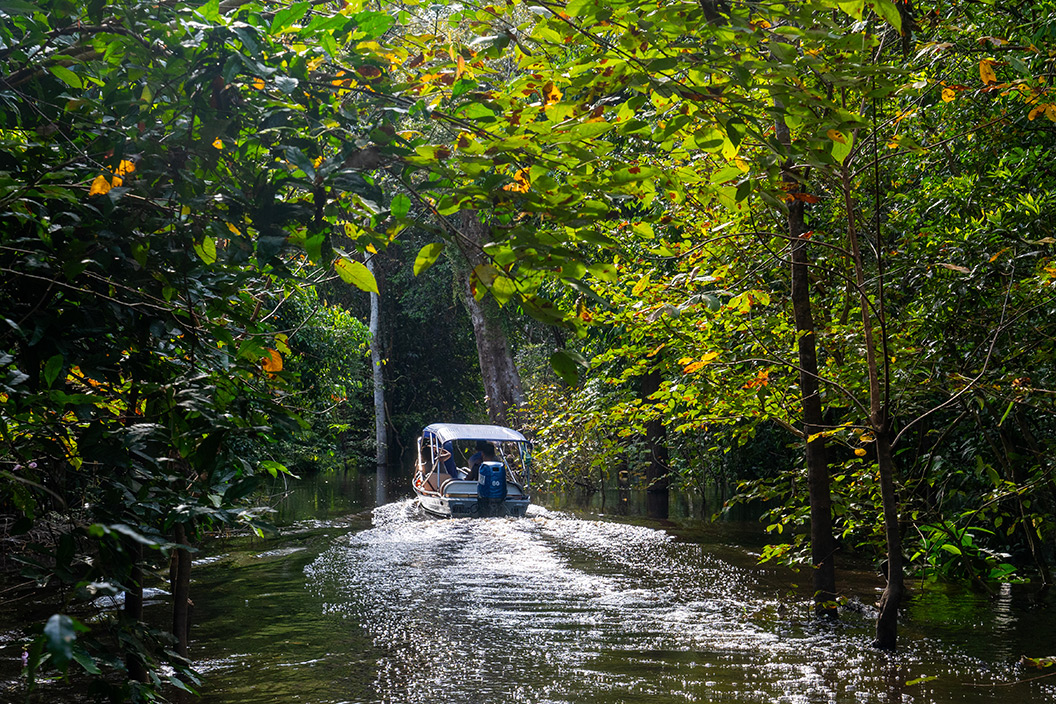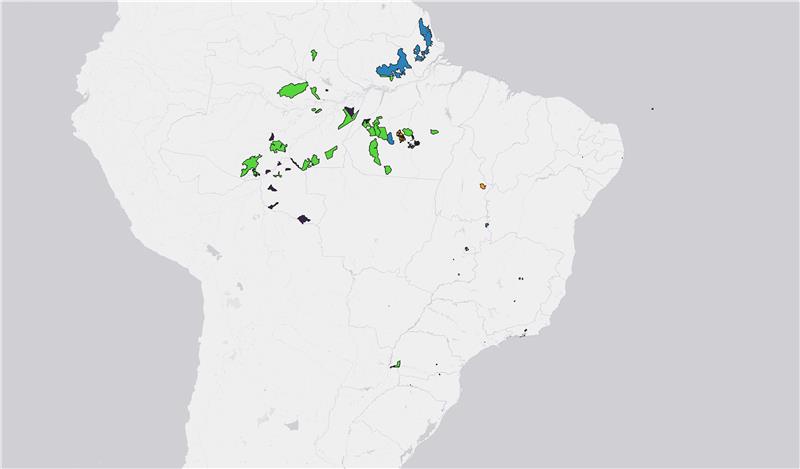Forest concessions
Forest concessions are contracts by which the government authorizes the sustainable use of public forest areas under clear rules and supervision. They enable the intelligent management of environmental assets, reconciling protection against illegal activities with the promotion of responsible forestry management and other forest products, generating lasting social and environmental benefits. By keeping the forest standing, this model preserves biodiversity, regeneration capacity, and ecological functions while promoting jobs, income, and land management with real, sustainable, and transformative positive impacts.
Public entities and other interested parties can access more information on our Project Hub.

